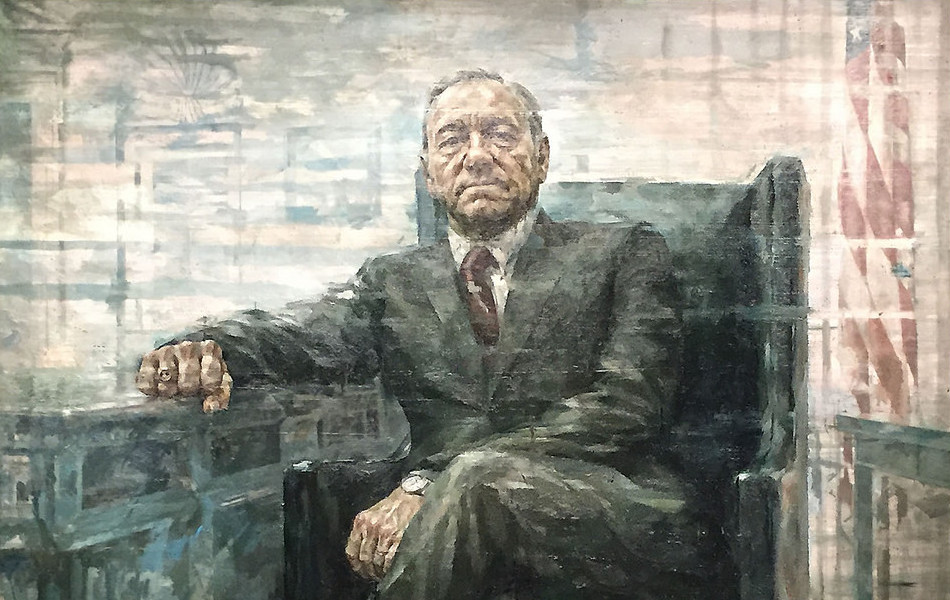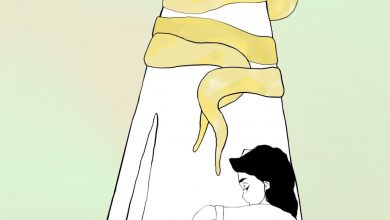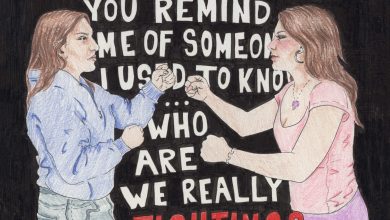What the Hell Does “Accountability” Look Like?

Portrait of Kevin Spacey as President Frank Underwood by Jonathan Yeo — National Portrait Gallery Washington (DC) March 2016 via Flickr
Trigger warning: sexual assault
Actor Anthony Rapp disclosed in a Buzzfeed News interview on October 29th that Kevin Spacey made unwanted sexual advances toward him during a party that Spacey held at his Manhattan apartment in 1986. Spacey was 26 at the time, and Rapp was 14.
“My impression when he came in the room was that he was drunk,” Rapp said of the assault. “He picked me up like a groom picks up the bride over the threshold. But I don’t, like, squirm away initially, because I’m like, ‘What’s going on?’ And then he lays down on top of me.”
“I was aware that he was trying to get with me sexually.”
Spacey responded to Rapp’s allegations in a meager two-paragraph tweet later on Sunday.
“I honestly do not remember the encounter,” Spacey wrote. “But if I did behave then as he describes, I owe him the sincerest apology for what would have been deeply inappropriate drunken behavior.”
There are a variety of faults to find in this first half of Spacey’s statement alone. First, his rhetoric implies that sexually assaulting Rapp was merely a product of his own level of intoxication, contributing to the rape myth that alcohol causes sexual violence, or is the reason that someone is sexually assaulted.
Rape myths like these allow perpetrators of sexual assault to remove themselves from any kind of accountability for their actions, as Spacey does here. These myths also normalize aggressive sexual behavior — particularly in men, and more particularly in men of influence with elevated social or economic statuses.
But Spacey’s “apology” gets worse from there. The second paragraph of Spacey’s response to Rapp’s allegations pivots away from the issue entirely in an attempt to rewrite the narrative surrounding the sexual assault accusation into one that portrays him in a more favorable light:
“This story has encouraged me to address other things about my life,” Spacey wrote. “I have loved and had romantic encounters with men throughout my life, and I choose now to live as a gay man.”
Being able to “choose” freely and publicly to live as a gay man already demonstrates the incredible position of privilege Spacey occupies. And while coming out is a process that looks different for everyone, electing to do so in order to distract from the fact that he sexually assaulted Rapp delegitimizes that process — hurting LGBT individuals for whom coming out can be such a long, uncomfortable, or painful journey.
In addition, choosing to turn the conversation about sexual assault into one about gay sexuality suggests that being gay or closeted causes or explains sexual violence, providing anti-LGBT activists more ammunition to attack, marginalize, and implicate LGBT individuals and, in this particular instance, especially gay men. A person’s identity is not and cannot be used as an excuse to be a terrible human being — and yet this has been common practice for centuries. Anti-LGBT individuals and groups are already using Spacey’s coming out to link pedophilia and sexual assault to homosexuality — partially because Spacey’s statement conflates the two, when really they belong to two entirely separate discussions.
We see deflection strategies like this time and again from wealthy and powerful men, whose dominating influence over others allow them to attribute patterns of sexual predation and violence to forces seemingly outside of their control. After the Harvey Weinstein allegations came out early this October, for example, Weinstein announced that he’d seek treatment for sex addiction — a condition that few medical professionals agree even exists. Even if sex addiction was a “thing,” it would not even begin to account for the kind of behavior that Weinstein has demonstrated — behavior that has resulted in 78 sexual harassment allegations against him, including 27 counts of sexual assault and multiple instances of rape.
Now, Spacey is apparently attempting to rewrite himself as the victim of a similar narrative — one that portrays him as “damaged” and therefore unable to assume any responsibility for being a shitty human being, which is now so common that many people have stopped questioning it altogether.
Spacey is an actor, after all — so it is not surprising that his sad excuse for an apology really boils down to a performance of guilt. The fact that his statement appeared in tweet form makes it clear that his “apology” was meant for the public, not for Rapp, who is barely mentioned in the two paragraphs. And yet the public has repeatedly proven itself eager to swallow fake apologies from the Spaceys and Weinsteins of the world, allowing these men to continue to abuse their influence over others almost entirely without consequence.
The truth is that the patriarchal, capitalist values which dominate American society are what allow Spacey and others like him to use their status as rich (often white) influential men to abuse others and never be held accountable. But because powerful perpetrators of sexual violence never face real consequences for their actions, no one knows what real accountability even looks like.
Being able to hold people accountable for sexual violence against others is not necessarily the end goal, though. The goal is to prevent any form of sexual violence or harassment in the first place — as well as to eradicate the kind of messaging that contributes to rape myths, and rape culture in general. This starts with examining and redefining our conceptions of masculinity, and recognizing how intersections of identity contribute to power dynamics that protect and benefit some over others.




